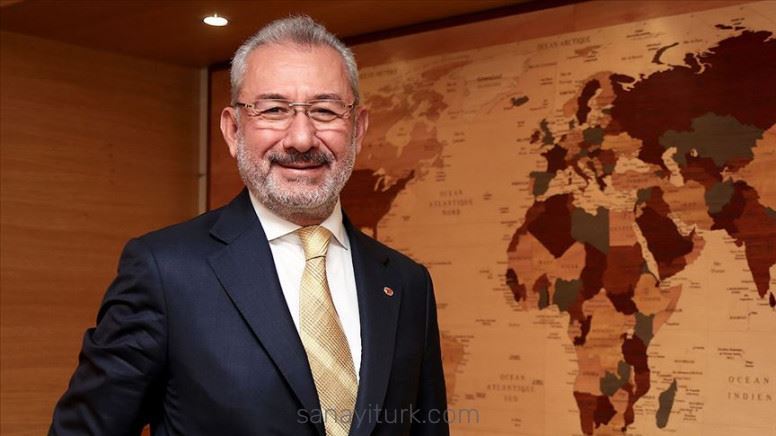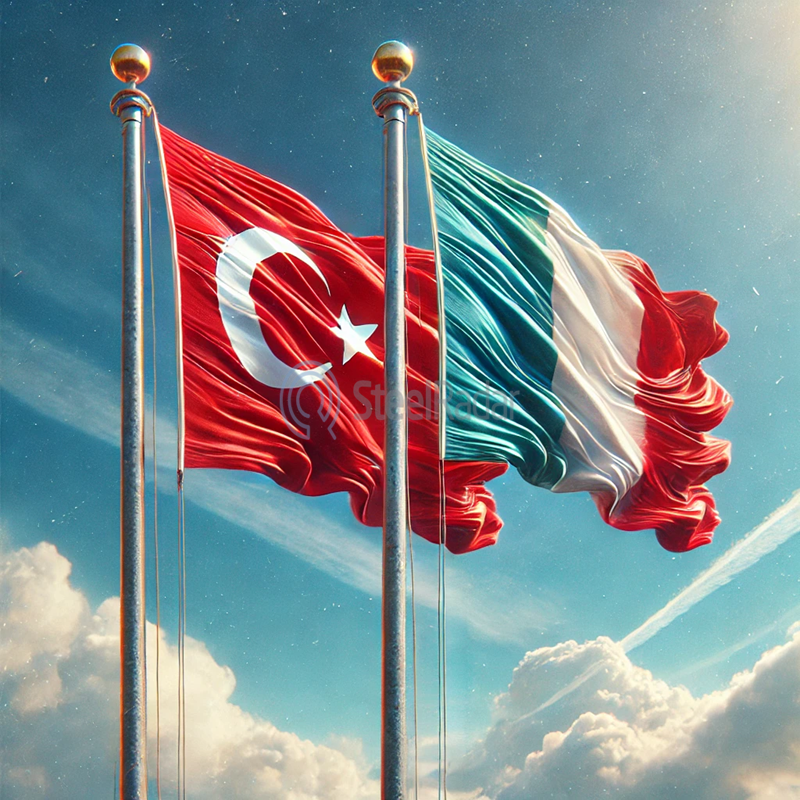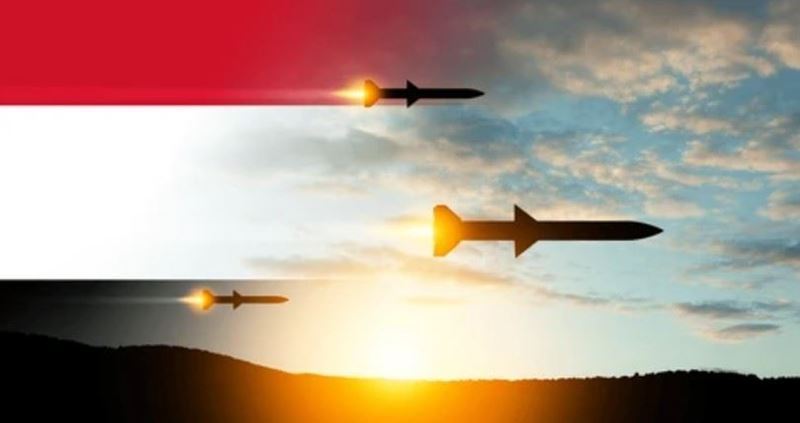"Demand for scrap increased due to green transformation"
Noting that the total exports were affected by around 1.5 billion dollars due to the earthquake only in February, Tosyalı made the following statements: “It seems like it will take time to recover. At this point, the support to be given to industrialists and employees is very valuable. As it is known, the increasing energy costs since last year has affected our sector the most.
Another remarkable point is the increase in demand for scrap due to green transformation all over the world. We are also a scrap importing country, supply has become very difficult due to the high demand for scrap. If we focus on recycling in iron and steel and provide energy support, we can increase our export figures much higher in the coming months with the increase in capacities.”
Iron-Steel industries were adversely affected by the earthquake
Iron and steel sectors showed a double-digit decline in February due to the contraction in global demand and the negative impact of earthquakes. Compared to the same period of the previous year, a decrease of 19.2 percent was observed in ferrous and non-ferrous metals, and 38.8 percent in steel. Despite the declines, the iron and steel industry realized 11.1 percent of Turkey's exports with an export of more than 2 billion dollars.
Turkey's ferrous and non-ferrous metals and steel sectors experienced double-digit declines in February due to the contraction in global demand, as well as the negative impact of earthquakes. While the Turkish ferrous and non-ferrous metals industry realized 1 billion dollars of exports with a decrease of 19.2 percent, the steel industry made an export of 1 billion 69 million dollars with a decrease of 38.8 percent.
While exports of ferrous and non-ferrous metals took a 5.4 percent share of Turkey's total exports, steel had a 5.7 percent share. Despite the declines they experienced, the two sectors undertook 11.1% of Turkey's exports in February.
The decrease occurred due to the losses in the member companies of the Mediterranean Ferrous and Non-Ferrous Metals Exporters' Association (ADMIB), whose production is close to the earthquake zone, was more than the overall decrease in Turkey. In February, exports of ferrous and non-ferrous metals decreased by 31.9 percent compared to the same period of the previous year, amounting to 55.8 million dollars. Steel exports in this month, on the other hand, decreased by 69.9 percent to 63 million dollars.









Comments
No comment yet.